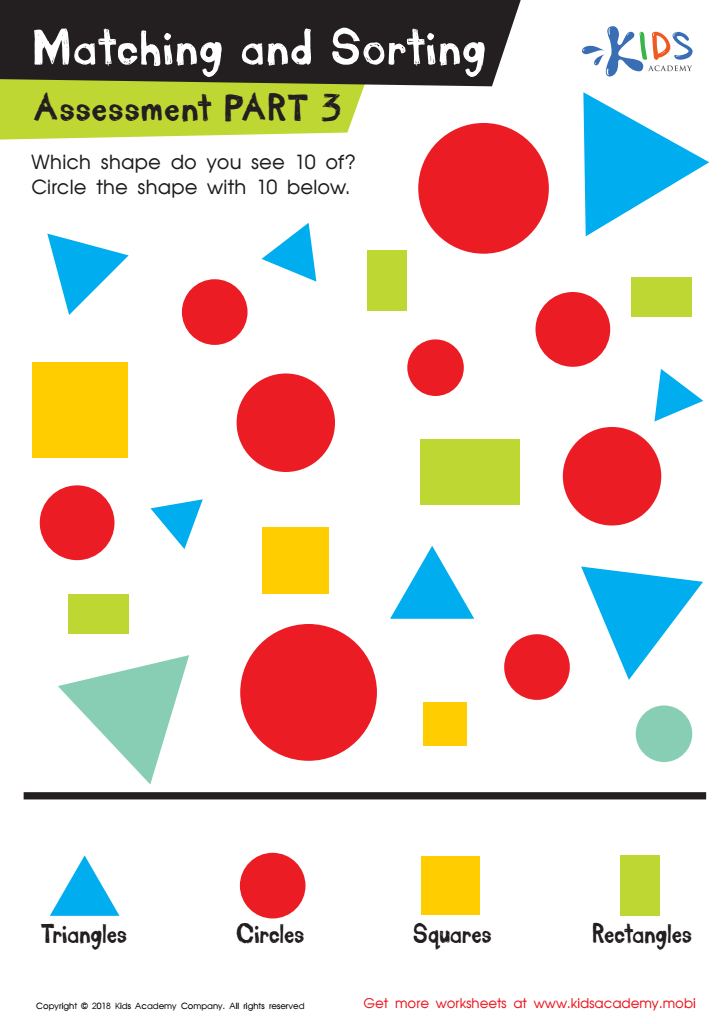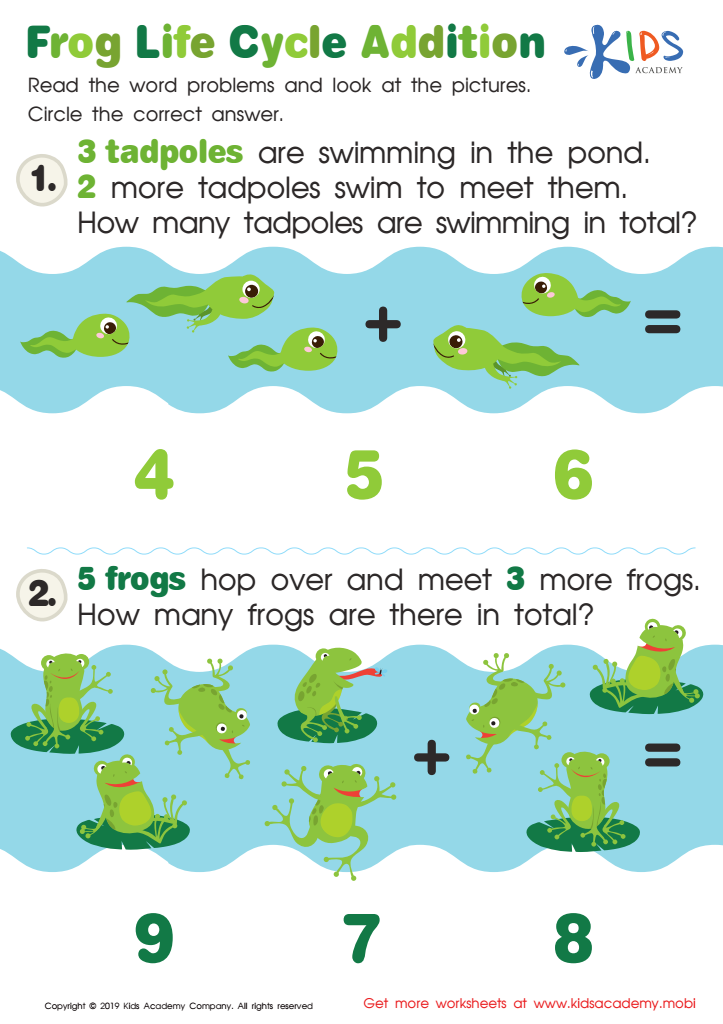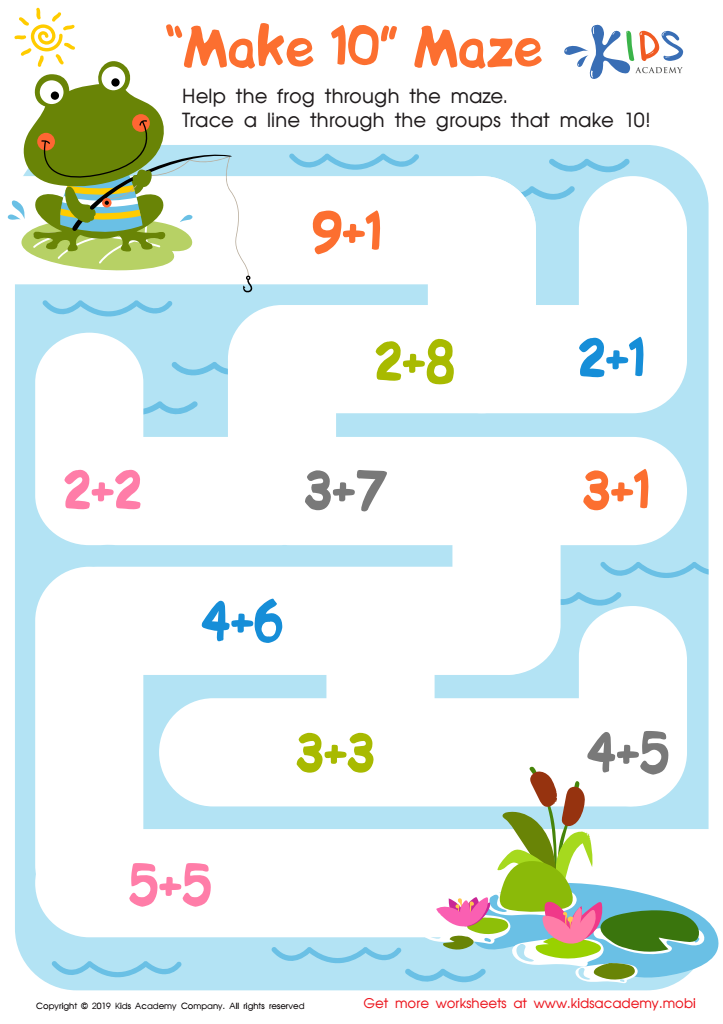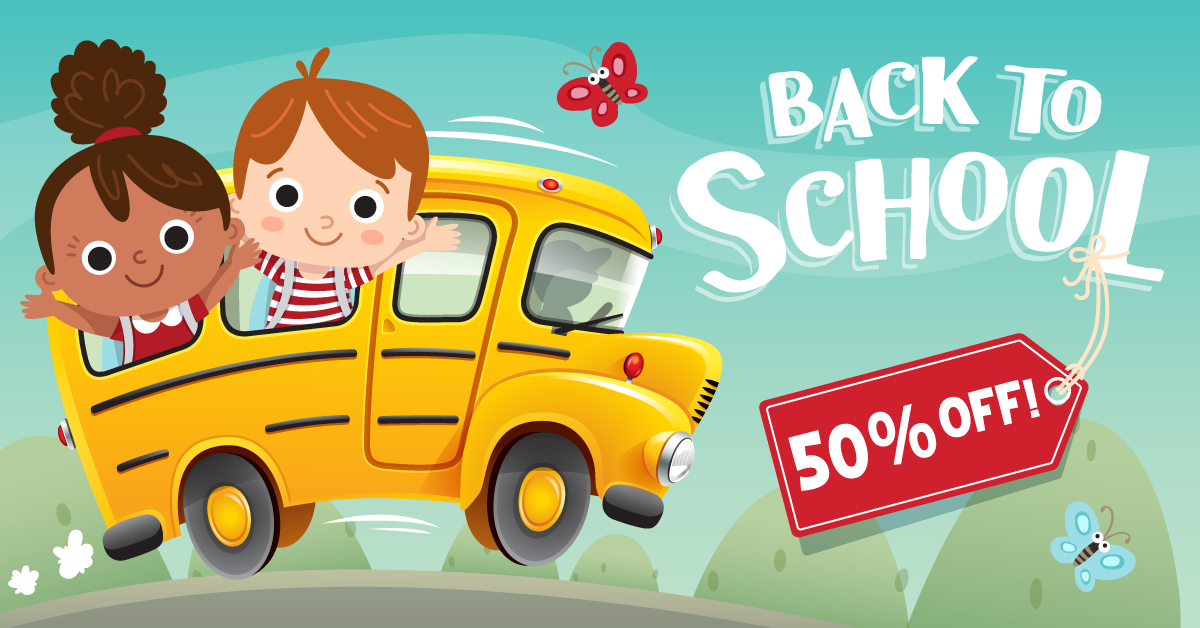Problem-solving ability Math Worksheets for Ages 4-6
3 filtered results
-
From - To
Unlock your child's mathematical potential with our Problem-Solving Ability Math Worksheets for Ages 4-6. These engaging and educational worksheets from Kids Academy are designed to develop critical thinking and problem-solving skills. Perfect for young learners, the worksheets cover foundational math concepts such as counting, addition, subtraction, and pattern recognition, all while making learning fun and interactive. Tailored for preschoolers and kindergarteners, each activity encourages curiosity, confidence, and a love for math. Start your child's journey to mathematical excellence today with these carefully crafted resources!


Matching and Sorting for Kindergarten: Assessment 3 Worksheet


Frog Life Cycle Addition Worksheet


Make 10 Maze Worksheet
Parents and teachers should care deeply about problem-solving ability in math for ages 4-6 because developing these skills early on lays a strong foundation for future learning and cognitive development. At this critical developmental stage, children’s brains are especially receptive to new information and learning strategies. Engaging in problem-solving activities enhances their logical reasoning, critical thinking, and analytical skills, which are essential not only in math but across all areas of learning.
Introducing math problem-solving in these years encourages a growth mindset. Children learn that struggling with a problem and finding a solution is a natural part of learning, fostering resilience and perseverance. These skills contribute positively to their self-confidence and willingness to take on new challenges.
Moreover, early math problem-solving allows children to make connections between abstract concepts and the real world, promoting a deeper understanding of math's relevance. Activities that involve sorting, counting, recognizing patterns, and simple arithmetic help develop spatial awareness and memory, key to later academic success.
From a broader perspective, nurturing these abilities contributes to better outcomes in STEM (Science, Technology, Engineering, Mathematics) fields in the future. Early problem-solving experiences thus support not just academic success, but also practical, everyday life skills, setting children on a path to become thoughtful, independent individuals.
 Assign to My Students
Assign to My Students





















